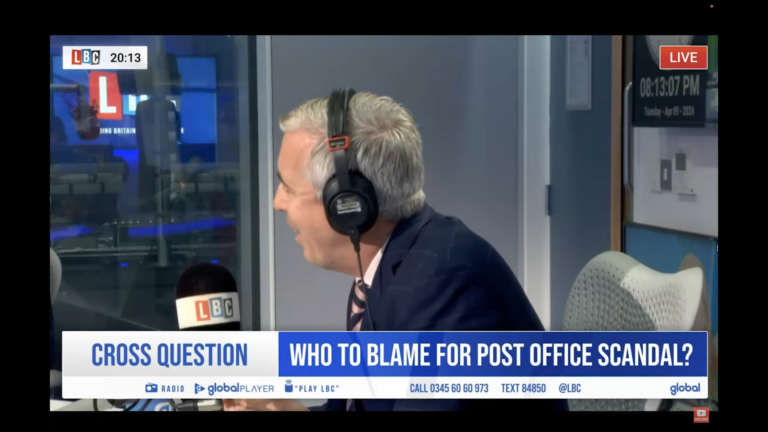He set out what he called the Government’s “strategy for the UK’s science and research base and how it can help generate high tech growth”. Whilst Mr Willetts began his speech (which PLMR was in the audience for) by saying that he and his Cabinet colleagues “fear governments do not have the knowledge to back particular technologies and have made a mess of such policies in the past”, he went on to acknowledge that “generic growth policies rather than vertical ones which focus on particular sectors or technologies […] only takes you so far”. Tantalisingly (for politicos at least), the Minister went on to remark “and today I want to show how much further the Coalition is going and why”.
As Mr Willetts acknowledged, “Governments find themselves making decisions about allocation of resources [he cited the examples of which energy source to encourage and where to build transport links] and we should not pretend we do not.”
Indeed, in what seemed the most significant dog whistle to those wanting more Government support for strategic sectors, Mr Willetts even went so far as to say “times have persuaded many of us to back certain industries”.
However, that didn’t mean that there was any more money being announced on Wednesday. Instead, David Willetts outlined his “ambitions for a high-tech strategy”, the most eye-catching of which (that had been trailed in that morning’s media) was the Government’s “invitation” for proposals for a new type of university with a focus on science and technology and on postgraduates.
Intriguingly, whilst there will be no additional Government funding for any new institution which emerges, Mr Willetts seemed to drop several hints about the elected mayor of a major city possibly wishing to offer a site, such as Mayor Bloomberg did with the competition for a new graduate school in New York.
Also announced in the speech (and catching PLMR’s eye given our work in the digital and life sciences sectors) is the setting up of new “Leadership Councils” (comprising academic and industry experts, co-chaired by a BIS Minister and a sector specialist) for E-Infrastructure and in Synthetic Biology. There is also the noteworthy ambition for universities funding from external sources to grow by 10% over the next three years and the aim to get more UK universities into the top 100 in the world.
And in what could turn out to be a significant boost for the UK space industry, also announced was the creation of a “Catapult centre” (the new name for Technology Innovation Centres) in satellite applications, providing businesses with access to orbit test facilities to develop and demonstrate new technologies.
So does David Willetts’ speech herald a more activist industrial policy from the UK Government? It’s certainly a shift in tone and emphasis. But the speech also prompts other questions – will any new privately-backed university compete with existing publicly-funded institutions? Or (as Mr Willetts confirmed was possible) will an established university submit a proposal (or be part of a consortium for a proposal) to run a new institution?
And finally, what of those hints about “an elected mayor” getting involved? I wonder if in the Olympic year, will Boris Johnson (or any successor) be eyeing any remaining land available in Stratford with a view to Britain’s high-tech future?



